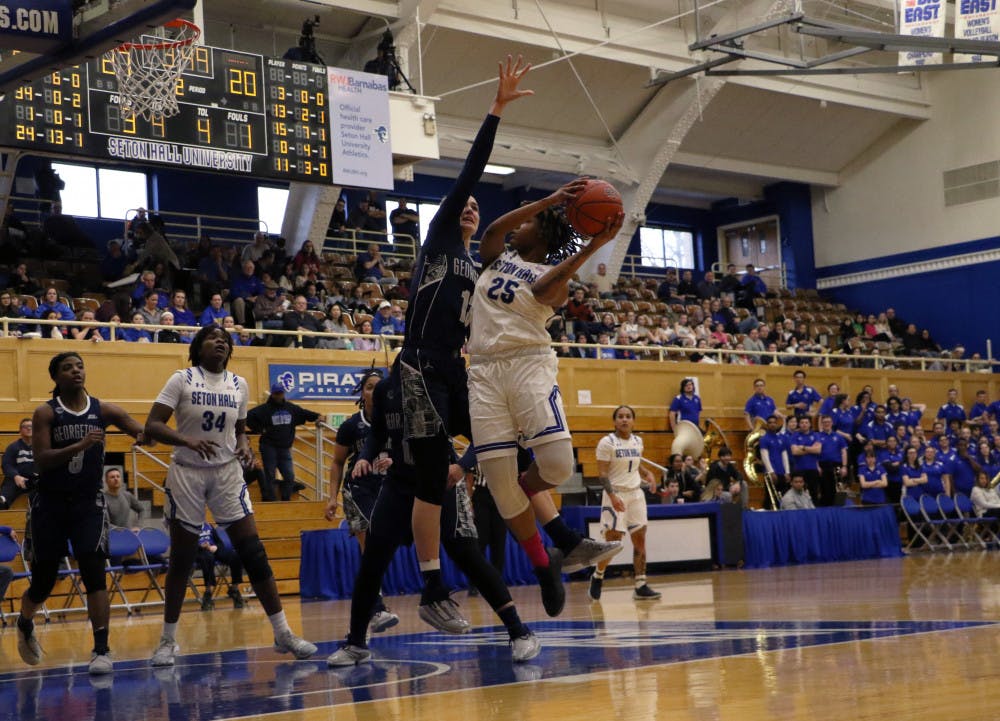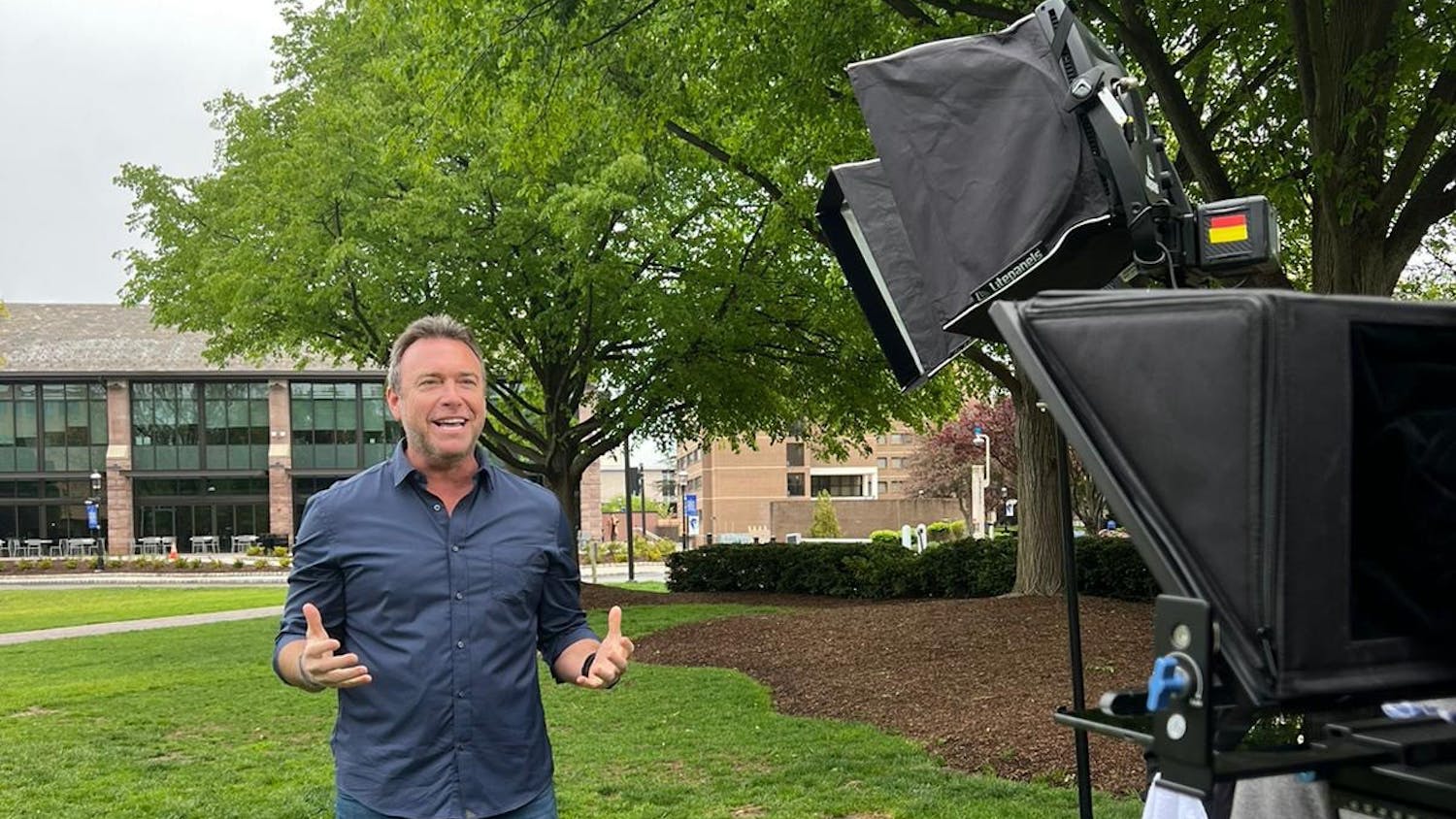To young music fans, the success of Bob Dylan may be puzzling. His raw, nasally vocals and sparse instrumentation, initially just his acoustic guitar and harmonica, are not instantly accessible in a world where synthesizers and auto-tune dominate the mainstream.
Despite his unorthodox and minimalistic recordings, Dylan flourished mostly because fans embraced his unique approach to music writing and singing. His lyrics spoke directly to a counterculture generation while his seemingly untrained vocals were cemented as his inimitable style, which is why he can still pick up an acoustic guitar and his albums will sell.
Conversely, though he has adopted a Dylan-like legacy for himself, older folks tend not to understand the rise of Lil Wayne. Notorious for his eccentricities, Wayne has unorthodox, sometimes gurgling, sometimes raspy, and sometimes weirdly sexual vocals, that listeners also have embraced and now expect from all of his material, despite its strangeness (and the fact that in future years people will most likely be cringing in disbelief).
Regardless of the fans or skeptics' feelings, Lil Wayne's recent foray into the rock world, "Rebirth," will make anyone recoil in disgust. Wayne brings listeners sloppy, auto-tuned verses mostly spoken over uninspired guitar and keyboard riffs.
"American Star" starts this mess with 80s bombast, random guitar squeals and clashing drums and a few lethargic, auto-tuned verses. It does not take long before the inherent problems of this endeavor manifest: when Wayne raps, he can throw out one-liners that can shock, appall, and amuse, but when he "sings" in a rock format, he is forced to be concise. As a result, Wayne instead slugs through inane verses, avoiding the non sequiturs that makes his lyrics so appealing.
Auto-tune overtakes Wayne's voice in the first song, although it somehow fails to make the track at least seem melodious. Its successor, "Prom Queen," suffers from the same failures, as Wayne continually snarls "prom queen, prom queen" in the song's painfully irritating chorus.
The bright spots are far and few. "On Fire" eschews the rock formula, playing with incendiary synthesizers and a fire-alarm melody to create the album's standout track. The latter half is simply Wayne doing what he does best, rap, which makes you wonder why he bothered with this whole project in the first place.
Shanell shines on the chorus of "Runnin," proving that this album can articulate some emotion vocally without computerized effects rippling through someone's voice. Yet for any worthwhile song, there is a catastrophe or two to follow. There are the uncomfortably abrasive "The Price is Wrong" and "Paradice," Wayne's attempts to sing a ballad, which becomes a whining narrative with an achingly melodramatic chorus.
Wayne has shown his introspective side before on tracks like "Shoot Me Down" and "I Feel Like Dying," but this attempt, if that what it really is, is simply embarrassing. It is not that he is an uninteresting person; Wayne is incessantly in the media because his character is so intriguing. However, "Rebirth" is devoid of any personality or enthusiasm and consequently lacks the character of Wayne's successful albums.
Wayne simply sounds confused, wanting to entertain his rock-n-roll alter-ego without any knowledge of how to succeed in the genre. Given his upcoming jail sentence, this February marks a low point for Lil Wayne's career. For a man whose success and ubiquity parallels Dylan's during his heyday, the times sure seem to be a-changin' for Lil Wayne.
Kevin Stevens can be reached at kevin.stevens@student.shu.edu.





